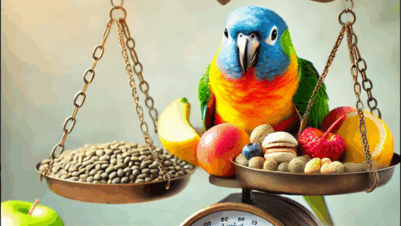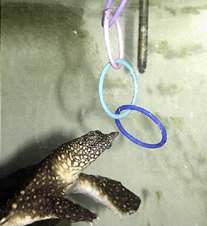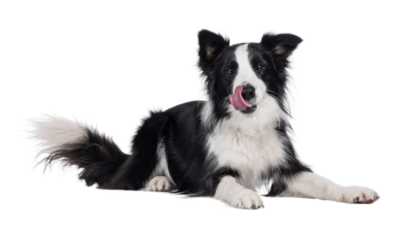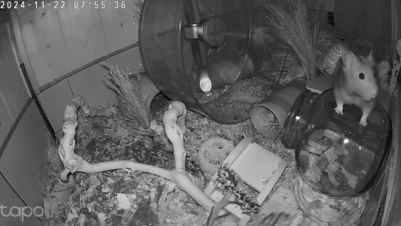The relationship between trade and animal welfare has traditionally been one of conflict. Farmers, retailers and food companies strive to keep prices low, and ethical standards sometimes suffer as a result. This trend accelerated after World War II, when battery cages, sow stalls and veal crates appeared, allowing costs to be lowered by maximising the use of space and reducing staff.
Though trade can pose a threat to animal welfare, it can also offer opportunities to improve it. Improvements are generally driven by public awareness, and can be supported by legislation, Free Trade Agreements (FTAs), private standards, development policies or a combination of these.
Advances in the European Union
It was only in 1997, in the European Union’s Treaty of Amsterdam, that animals were first recognised as sentient beings rather than agricultural products. Ten years later, this principle was reaffirmed in Article 13 of the Lisbon Treaty, and countries around the world have been taking similar steps.
The first law that imposed massive changes in production practices was approved in Switzerland in 1981. It phased out the use of systems and practices like battery cages, sow stalls, veal crates and live feather-plucking.
As far back as 1974, a directive made it compulsory to stun animals before slaughter in the EU (with exceptions for ritual slaughter). However, it was in the 1990s that various directives and regulations started radically changing the way animals were treated in food production by phasing out veal crates, sow stalls and conventional battery cages.
Rules have also been agreed in live animal transport, but excessively long journeys are still allowed. Some member states have proposed a maximum eight-hour journey limit. Unfortunately, there are not yet enough of them for this proposal to succeed in the Council.
Preventing the import of products from third countries is difficult, even when they come from systems banned domestically, because World Trade Organisation (WTO) rules tend to regard such bans as illegitimate barriers to trade. Initiatives have been developed to help consumers make informed choices. One example is the Switzerland and EU introduction of compulsory labelling of eggs according to the production method.
Improvements further afield
Obviously, animal welfare is not just an Old Continent concern. In the USA, federal legislation only exists on transport and slaughter, and the latter excludes birds, which are the animals consumed in the largest numbers.
However, in 2002, a referendum in Florida was backed by 55 percent of voters, who decided to phase out sow stalls. Since then, many referenda have taken place in various states, with increasingly high percentages of votes in favour of banning sow stalls, veal crates and battery cages.
California has launched a new initiative to hold a referendum in November 2018 aimed at banning the sale of products derived from caged animals. Other countries, such as Brazil and Taiwan, are focusing on developing guidelines and specific activities aimed at encouraging farmers to adopt higher welfare standards.
Impact of FTAs and private standards
FTAs, which are designed to facilitate trade relations between different countries or groups of countries, started to generate positive effects for animals in 2003, when some unprecedented lines appeared in the text of the Agreement between Chile and the EU. Animal welfare was recognised as important, and some activities would be developed jointly, with an initial focus on stunning before slaughter. Only two other agreements have included animal welfare so far (EU-Canada, EU-South Korea), though for two FTAs negotiated by the US (DR-CAFTA, USA-Peru), the environmental chapter was used to achieve some progress.
Private standards are also developing fast, paving the way for new legislation, favoured by a trade environment already accustomed to animal welfare. Countless private standards and public procurement policies are now in place worldwide, adopted by producers, restaurants, supermarkets and public bodies. An excellent example of private standards in a developing country is Woolworths, the main retailer in South Africa. They only trade in free-range meat and eggs, and support wildlife-friendly farming, thus creating market opportunities for farmers who can adopt higher standards without compromising profits.
These are only a few examples of how trade-related legislation and policies can support much-needed progress for animals. As consumers, voters and vets, we have opportunities to support this trend every single day.







